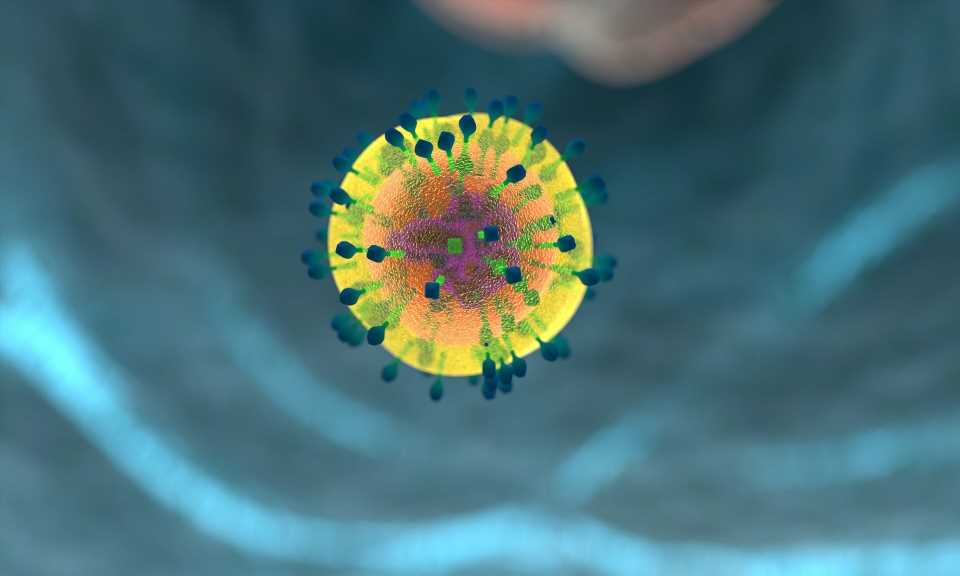
CAR-T cell therapy is a safe and effective treatment for diffuse large B-cell lymphoma (DLBCL), even for patients regarded as high risk due to comorbidities.
That’s the conclusion of a five-year analysis of results from the U.S. Lymphoma CAR-T Cell Consortium, a group of 17 academic cancer centers in the U.S. Their findings will be presented at the American Society of Hematology’s 2023 annual meeting in San Diego, Dec. 9-12.
“CAR-T has caused a paradigm shift in the treatment of patients with diffuse large B-cell lymphoma,” said Jay Y. Spiegel, MD, hematologist-oncologist at Sylvester Comprehensive Cancer Center at the University of Miami Miller School of Medicine and the study’s lead presenter at ASH. “Our findings support the vast potential of this therapy, even for high-risk patients, but highlight the need to maximize survivorship to ensure patients don’t end up dying from other causes.”
The consortium’s retrospective analysis featuring data from the group of top-tier cancer centers looked at five-year outcomes for DLBCL patients receiving CAR-T cell therapy, including those who would not have met eligibility criteria for the ZUMA-1 clinical trial.
Their assessment, which included 298 patients who underwent leukapheresis as part of the CAR-T cell process, also examined risk factors associated with worse survival outcomes, as well as longer-term toxicities and causes of non-relapse mortality.
The analysis showed similar results to the ZUMA study with median follow-up of 58 months, despite including high-risk lymphoma patients who were ineligible for that study due to comorbidities—the presence of other medical problems or decreased functional status.
Progression-free survival and overall survival rates at five years were comparable: 28.5% and 40.3%, respectively. Non-relapse deaths were primarily due to infection or secondary cancers, Spiegel noted.
“We were very encouraged by the results,” said Spiegel, a cellular therapy specialist at Sylvester, which was the seventh-largest data contributor to the study. “Often, results from clinical trials don’t translate to the larger population. But we were sobered by the rates of non-relapse mortality and that is where we need to improve.”
Diffuse large B-cell lymphoma, a fast-growing blood cancer, is the most common form of non-Hodgkin lymphoma. It occurs when genetic changes—mutations—turn healthy cells into cancerous ones and it often affects the lymphatic system.
According to the National Cancer Institute, DLBCL was diagnosed in six of every 100,000 people in 2020, while about 500 in every 100,000 were diagnosed with cancer affecting any part of their bodies.
Frontline therapy for DLBCL includes the monoclonal antibody drug rituximab, three chemotherapy drugs and a drug that helps kill lymphoma cells. This therapy is safe and effective, but does not always work or keep the cancer from returning. Some studies show DLBCL relapses or recurs in approximately 40% of patients receiving the standard therapy.
Depending on the length of time since completing frontline therapy, that’s when clinicians may turn to CAR-T cell therapy, a type of immunotherapy that genetically reengineers patients’ T cells to help their immune system find and kill the cancerous cells.
With this analysis, physicians—and patients—can be assured that CAR-T cell can impart durable remissions (and hopefully cures) for patients who fail chemotherapy or whose lymphoma relapses or recurs, Spiegel said.
He added that CAR-T cell therapy has revolutionized the treatment paradigm for these lymphoma patients, who previously had few options after failure of standard chemotherapy.
“Before CAR-T, we were looking for anything to help put a patient’s disease in remission if they failed chemotherapy,” he explained. “Now, we’re focusing on survivorship outcomes and how we maximize the amount of people we’re curing and get them to live longer and better.”
Source: Read Full Article
